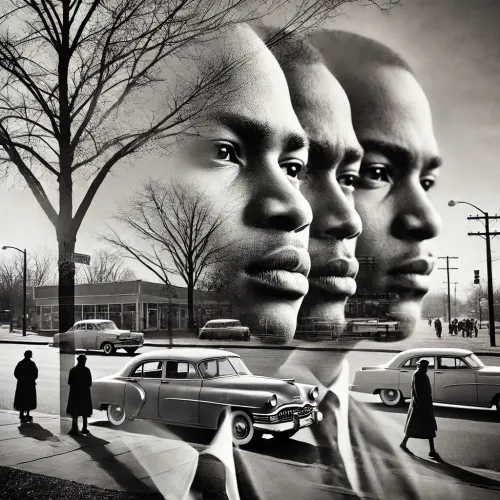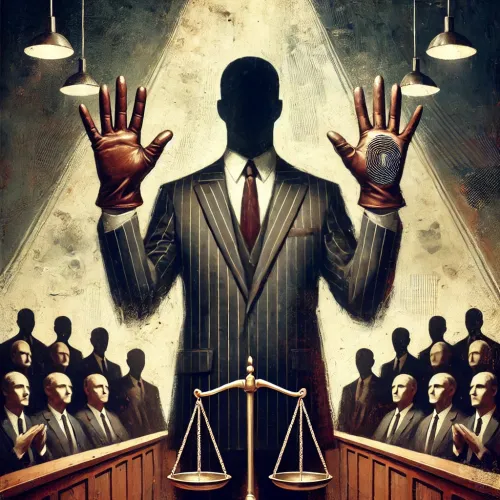The jury system has long been a pillar of democratic justice, designed to empower ordinary citizens to evaluate not just the facts of a case but the fairness of the laws applied. However, this foundational role is increasingly undermined by judicial instructions that narrowly constrain jurors’ decision-making. These directives often focus on strict adherence to legal statutes, discouraging jurors from exercising their right to nullify unjust laws. This trend not only curtails jury nullification but also diminishes the jury’s broader role as a check on governmental power.
Judicial instructions serve a vital function: they help jurors understand complex legal concepts and ensure consistency in applying the law. Yet, in many jurisdictions, these instructions go beyond clarifying the law—they actively dissuade jurors from considering its morality or equity. Judges frequently direct jurors to base their verdicts solely on the evidence presented and the legal definitions provided, emphasizing that personal beliefs or objections to the law should not influence their decisions.
Such instructions fundamentally alter the jury’s role. Historically, jurors were intended to act as independent arbiters of justice, capable of resisting unjust laws. Cases like the 1735 trial of John Peter Zenger, where jurors acquitted a printer accused of seditious libel, demonstrate this principle in action. Similarly, Northern jurors in the 19th century frequently refused to convict individuals under the Fugitive Slave Act, challenging a legal framework that perpetuated slavery. These acts of defiance reflected the jury’s power to align legal outcomes with societal values, even when doing so meant defying judicial authority.
By discouraging nullification, modern judicial instructions strip jurors of this critical function. The result is a system where jurors are reduced to enforcers of the law, regardless of its fairness. This shift prioritizes legal conformity over moral judgment, eroding the jury’s role as a safeguard against oppressive or outdated laws. It also undermines the democratic nature of the jury system, which is meant to reflect the conscience and values of the community.
Opponents of jury nullification argue that it undermines the rule of law by creating inconsistent and unpredictable outcomes. They contend that allowing jurors to act on personal beliefs could lead to arbitrary decisions, eroding public confidence in the justice system. While these concerns are valid, they overlook the deeper purpose of nullification: to serve as a safety valve when rigid adherence to the law would result in injustice. Laws, no matter how carefully crafted, cannot account for every circumstance or reflect the evolving values of society. Nullification addresses this gap, allowing jurors to consider the broader implications of their verdicts.
For example, consider cases involving mandatory minimum sentences for nonviolent drug offenses. These laws, designed to deter crime, often result in disproportionately harsh penalties that fail to account for individual circumstances. Jurors who recognize this disparity may wish to acquit, even when the defendant’s guilt is clear. Yet, judicial instructions that discourage nullification force them to impose outcomes they believe are unjust. This disconnect between the law and the community’s sense of fairness undermines the legitimacy of the legal system.
Moreover, the suppression of nullification through judicial instructions risks alienating jurors from the process. When jurors feel constrained by rigid directives, they may disengage, viewing their role as perfunctory rather than meaningful. This erosion of civic participation weakens the jury system, transforming it into a rubber stamp for state authority rather than a vital component of democratic governance.
Reforming judicial practices to embrace jury nullification as a legitimate aspect of the jury’s role is essential to restoring balance. Judges should inform jurors of their right to act according to conscience, emphasizing that justice requires more than blind adherence to the law. This approach not only empowers jurors but also strengthens the legal system by aligning it with the values and priorities of the community.
Critics often point to historical instances where nullification was misused, such as during the Civil Rights era, when all-white juries acquitted perpetrators of racially motivated violence. These abuses highlight the potential for nullification to perpetuate injustice when wielded irresponsibly. However, such cases are the exception, not the rule. The solution is not to suppress nullification but to ensure that jurors are educated about their responsibilities and that jury pools are diverse and representative of the broader community.
Ultimately, judicial instructions that discourage nullification undermine the very principles they seek to uphold. They prioritize order over fairness and conformity over conscience, reducing the jury’s role to one of passive compliance. By embracing nullification as a legitimate function of the jury system, we honor its democratic purpose and ensure that justice remains rooted in both law and humanity.
The jury system is not merely a mechanism for enforcing statutes—it is a living institution, capable of evolving alongside society. Nullification is a vital part of this evolution, offering a means to challenge laws that fail to reflect contemporary values or serve the greater good. By reforming judicial instructions to acknowledge and respect this right, we empower jurors to fulfill their role as arbiters of justice, safeguarding the balance between legality and morality in our courts.




